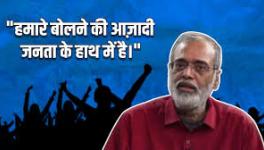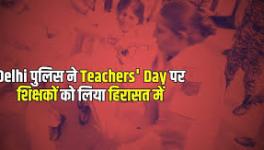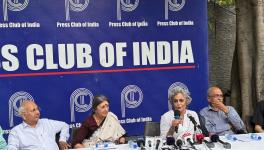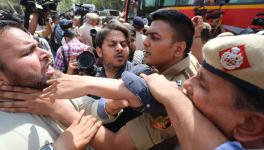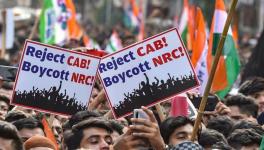2 Years of Anti-CAA Protests: ‘Time to ask State Govts to Stop NPR with Census’, Says Brinda Karat
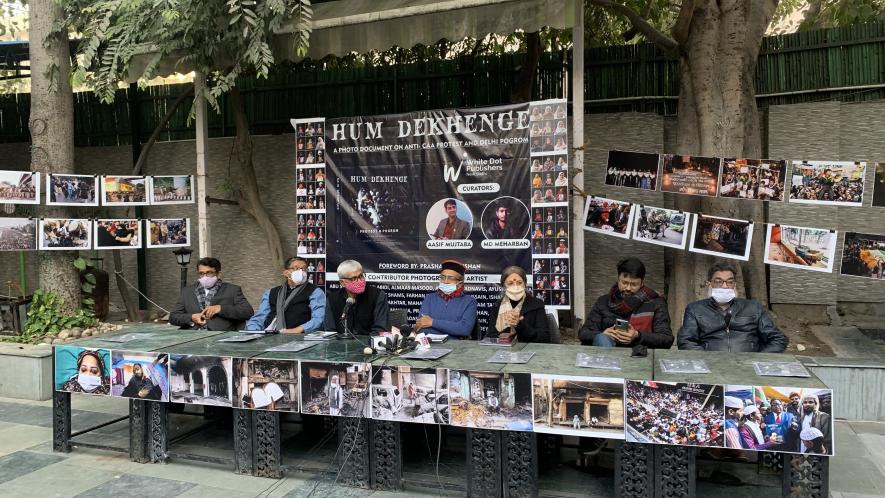
Aasif Mujtaba narrated the stories of pain and suffering of victims of riots in North East Delhi in February 2020 – those who died, lost their homes, were grievously injured and even incarcerated despite being victims – to an audience that had gathered here on Monday to recount two years of the anti-Citizenship Amendment Act (CAA) protests and subsequent riots.
Mujtaba, an alumnus of Jamia Miia Islamia and a civil engineer, along with his friend Mohd Meherban has brought out a photo book ‘Hum Dekhenge’ compiling the memories of survivors and their struggle to begin their lives again.
Speaking at the launch of the photo book at the Press Club of India, Mujtaba, who has dedicated the book to his mentor, late Pulitzer awardee Danish Siddique, said that the sufferers, mostly from the Muslim community, no longer yearn for justice as their hopes were brutally quashed with “connivance of state and security agencies.”
“The absence of hope stems from the fact that not only did the violence ripped apart their lives, the victims have been harassed enough to give up their demand for justice. When I imagine what would a wife, whose husband was thrown from the roof, burnt alive and dumped in a nearby drain, say. What would a boy say when he got a shoe when he asked for his father’s dead body! They could only say “we will not forget!”. He was referring to the case of Musharraf, who was killed in riots in North East Delhi.
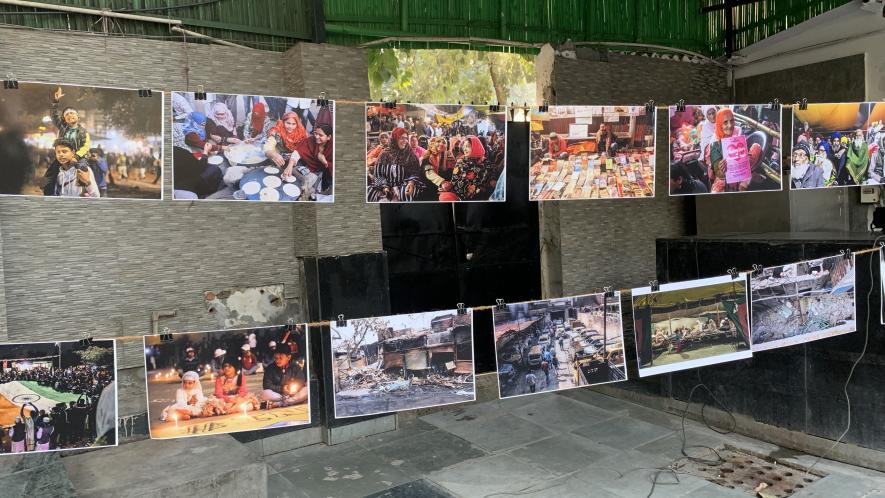
The launch of the photo book was followed by a panel discussion on the protests and riots.
Addressing the audience, Brinda Karat, politburo member, Communist Party of India (Marxist), said the common perception about the end of the anti-CAA protests should be challenged that the resistance to the unjust law has died.
“The people in Assam are fighting the law in their daily lives and paying its price with unjustified incarceration, humiliation and ostracisation," she said.
“I think the relevance of the anti-CAA protests lies in the fact that the Centre released its notification regarding the national population register (NPR) which will be conducted along with the Census next year. What is astonishing is that NPR and the Census are both governed by different laws. How can the Ministry of Home Affairs ask the Registrar General to go for the exercise?” she said.
Karat said it is also important to note that after the resistance, at least 10 state governments had said that they would not implement CAA. “I think we should remind the state governments to act on their words now and stop implementing the exercise of NPR”, she added.
Read Also: Delhi Riots: Not Spontaneous, But Crudely Designed?
Karat also said that the North East Delhi violence cannot be termed as “riots”.
“It was a State-sponsored assault, neatly engineered by the Ministry of Home Affairs. Our experience with victims of genocide clearly suggested that Delhi Police was acting on the orders of MHA and its role in it was never probed. At least we saw an enquiry commission in Gujarat riots. What did the National Human Rights Commission do in the present case? Nothing.” She added.
She said the third important thing was that the MHA tried to dismiss the agency of independent women to protest (in Shaheen Bagh) by suggesting that they were acting on the behest of men. “They tried to do similar things during the farmers’ protests. They lost on both counts,” she added.
Veteran journalist, Ziya Us Salam, who has authored a book on the Shaheen Bagh movement, said that three peculiar things emerged from the protest that speaks volumes about community.
“I never saw a movement by Muslim women when Babri mosque was demolished. Neither did women come out on streets when the triple talaq issue was widely discussed. They came on streets when the Constitution was compromised by altering the definition of citizenship. It (Shaheen Bagh) broke the image the Muslim women were weak who could be dismissed at whims and fancies of their husbands.”
He said second, the “Muslims chose Chandrashekhar ‘Ravan’ Azad (the chief of Bhim Army) as their leader and not Imam Bukhari who was vehemently supporting the law when he came to Jama Masjid with the Constitution of India in his hand.”
The third important thing, according to Salam, was the women were reminding the agencies about the land of the law “who should have known the law. This amply showed their confidence even when the other law was challenging their citizenship.”
Asif Iqbal, who has been legally fighting the case of riot victims, said there appeared to be a pattern in how the Delhi Police handled these cases in the courts.
“They apprehended a person in a case in which he was a complainant. They lodged him in jail and when the court asked for the FIR, they said that they are trying to trace the FIR No. for a year! This speaks volumes about the impunity police enjoyed. Yet, I would say that we should do everything to bring rule of law because it alone can save the minorities. We may have grudges about injustice but we cannot lose our fight for rule of law” Iqbal added.
Get the latest reports & analysis with people's perspective on Protests, movements & deep analytical videos, discussions of the current affairs in your Telegram app. Subscribe to NewsClick's Telegram channel & get Real-Time updates on stories, as they get published on our website.









